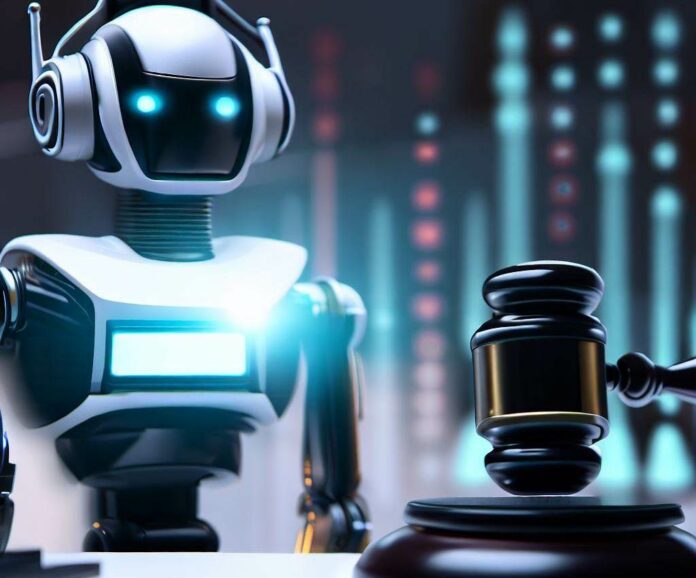Algorithmic bias refers to the systematic and repeatable errors in AI development that generate unfair outcomes, privileging one category over another in ways unintended by the algorithm’s designers.
This phenomenon, stemming from various factors such as data selection in training, coding practices, and algorithm design, has profound implications on society and law.
As AI becomes more integrated into daily life, addressing algorithmic bias and data privacy issues is critical for ensuring fairness and maintaining public trust in these technologies.
Google Partners with Bugcrowd to Simplify Bounty Payments – USA Herald
Kinky Friedman: The Life of a Texas Icon – USA Herald
Uvalde School Police Chief Indicted Over 2022 School Shooting – USA Herald
Yoga Teacher Killer: Kaitlin Armstrong’s Deadly Jealousy Ends in Tragedy – USA Herald
What is Algorithmic Bias?
Algorithmic bias occurs when an algorithm makes unbalanced or unfair decisions. This bias often results from the data used to train the algorithm, which may itself be biased or unrepresentative. The consequences are uneven outcomes that can significantly impact various aspects of life.



